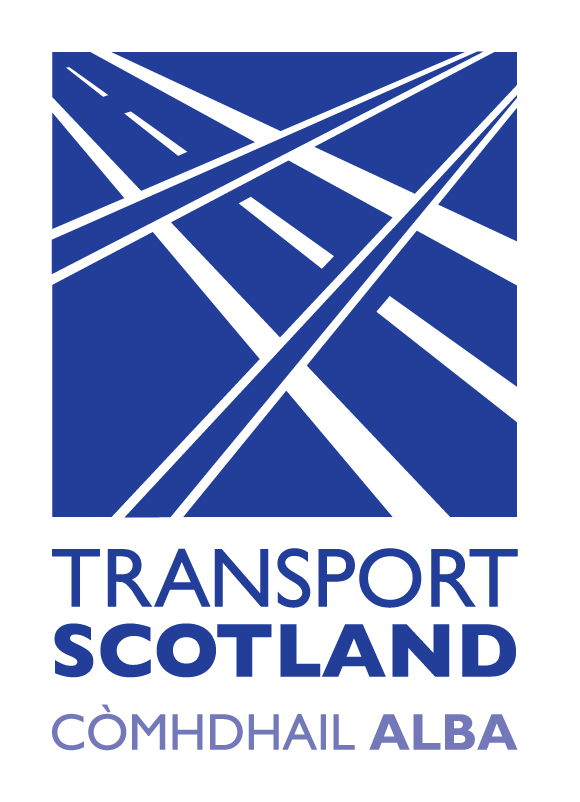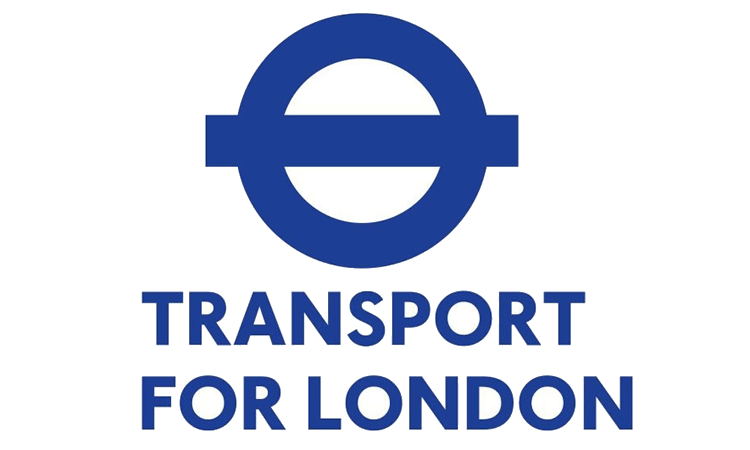Transport for London (TfL) is a local government body responsible for most of the transport network in London, England. In 2016, TfL needed independent research, insights and recommendations to shape its strategy for providing new electric vehicle (EV) charging infrastructure in London. It needed data and reports from a variety of sources that could highlight specific issues and answer the feasibility questions TfL had.
Challenge
Action
TfL commissioned Energy Saving Trust, which delivers advice and support to organisations wishing to investigate the business case for including ultra-low emission vehicles (ULEVs) on fleet, to review the feasibility of a rapid charge point network for plug-in taxis in London. This report was part of a suite of studies being undertaken by TfL to improve understanding of where rapid charge infrastructure might be best located.
Energy Saving Trust worked with a variety of organisations to complete the comprehensive research, including UK power networks, London taxi drivers and EV suppliers.
The research report for the feasibility study included:
- Background to London air quality, climate change and rapid charging for taxis.
- Technical overview of EV technology, standard and fast charging and safety.
- Taxi driver survey and implications for rapid charging with timescales.
- Industry perspective on infrastructure suppliers, business models and service agreements.
- Installation and operation of charge points.
- Considerations for planning a rapid charge network.
- Recommendations and conclusions.
The feasibility study into a rapid charge point network for plug-in taxis can be accessed here. There are two additional charge point mapping reports that help support the feasibility study.
Result
Energy Saving Trust’s reports, combined with other independent research, have paved the way for TfL’s electric vehicle infrastructure delivery plan, which launched in June 2019. More information can be found on the electric vehicles and rapid charging page.
This is an important step in cleaning up London’s air and banning the most polluting vehicles from the UK’s capital. The Mayor of London has an ambition to make the city’s transport network zero carbon by 2050 and bring improvements in air quality as part of the Mayor’s Transport Strategy.
Since the strategy has been deployed, TfL-funded rapid charge points have been installed across London. These can be used to charge both business and private vehicles.
 Case study
Case study
Uber
Aware of the environmental concerns raised by tailpipe emissions from road vehicles, Uber was interested in understanding how greater adoption of fully electric private hire vehicles could be encouraged. Case study
Case study
Bayne’s Tayport Taxis
David Bayne purchased an electric taxi using the interest-free loan available from Energy Saving Trust. Case study
Case study
Colin’s ebike
Colin Wright knew that with the right ebike, he could use it for trips to the shops, to see friends and family, and on longer tours around Scotland. Case study
Case study
